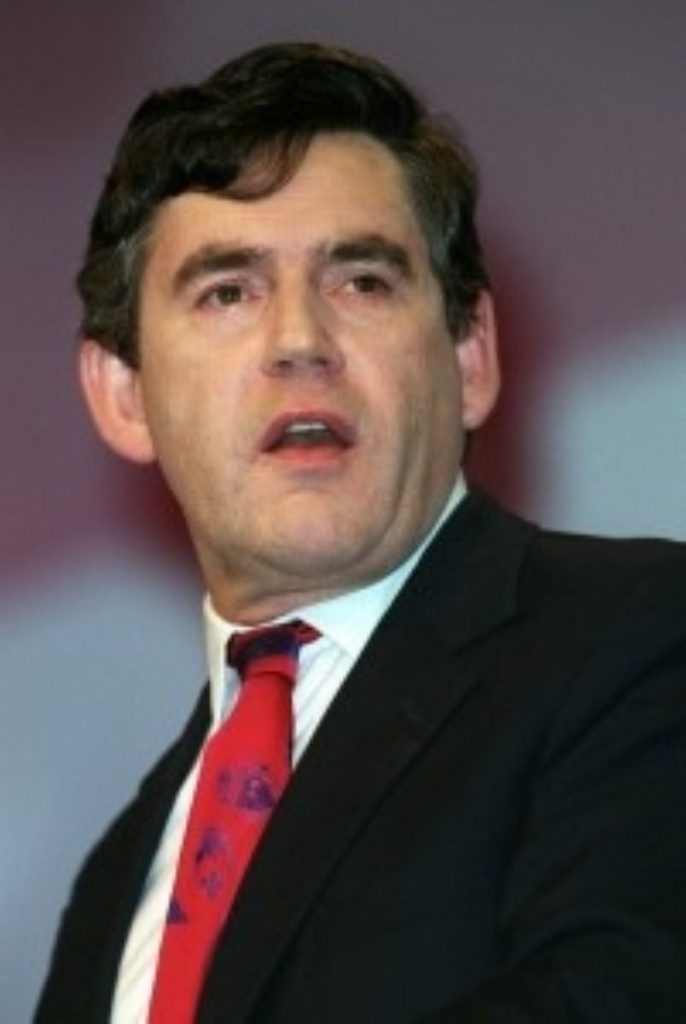Brown: We must bridge gap between “promises and reality” on aid
Chancellor Gordon Brown today hailed the UK’s £1 billion boost for immunisation programmes in the developing world as the first step towards making a reality of aid promises made by wealthy nations.
Speaking at an international conference on the Millennium Development Goals in London, he said the UK would give £1 billion to the Global Alliance for Vaccines and Immunisation for its work in the developing world.
The announcement followed the donation to Gavi of US$1 billion by the Norwegian government and Microsoft billionaire Bill Gates on Monday.
The Chancellor said the UK’s funding would be delivered through a pilot project of his proposed International Financing Facility, using long-term donor commitments to raise funds though the sale of government bonds on the international capital markets.


The funding would allow Gavi to save five million lives between now and 2015, and a further 5 million lives after 2015, he added.
“The aim of the International Finance Facility is to bridge the gap between promises and reality, between hopes raised and hopes dashed, between an opportunity seized and an opportunity squandered,” he said.
“If this is what we can achieve by applying the principles of the IFF with one fund and one initiative, think what we can achieve not just in health but in education and economic development.”
Mr Brown said rich countries must help developing countries by opening markets, removing trade-distorting subsidies and tackling the “scandal and waste” of the Common Agricultural Policy.
“This economic development plan demands that all of us, rich and poor countries alike, be fully transparent in our dealings, unapologetically address corruption, be truly accountable, show where the money goes.
“And the way to achieve this is for all of us to put transparency and the best governance into practice by all of us, rich countries and poor together, opening our books – with, in particular, a new honesty amongst the richest countries about the levels of developed country protectionism and of tied aid.”

